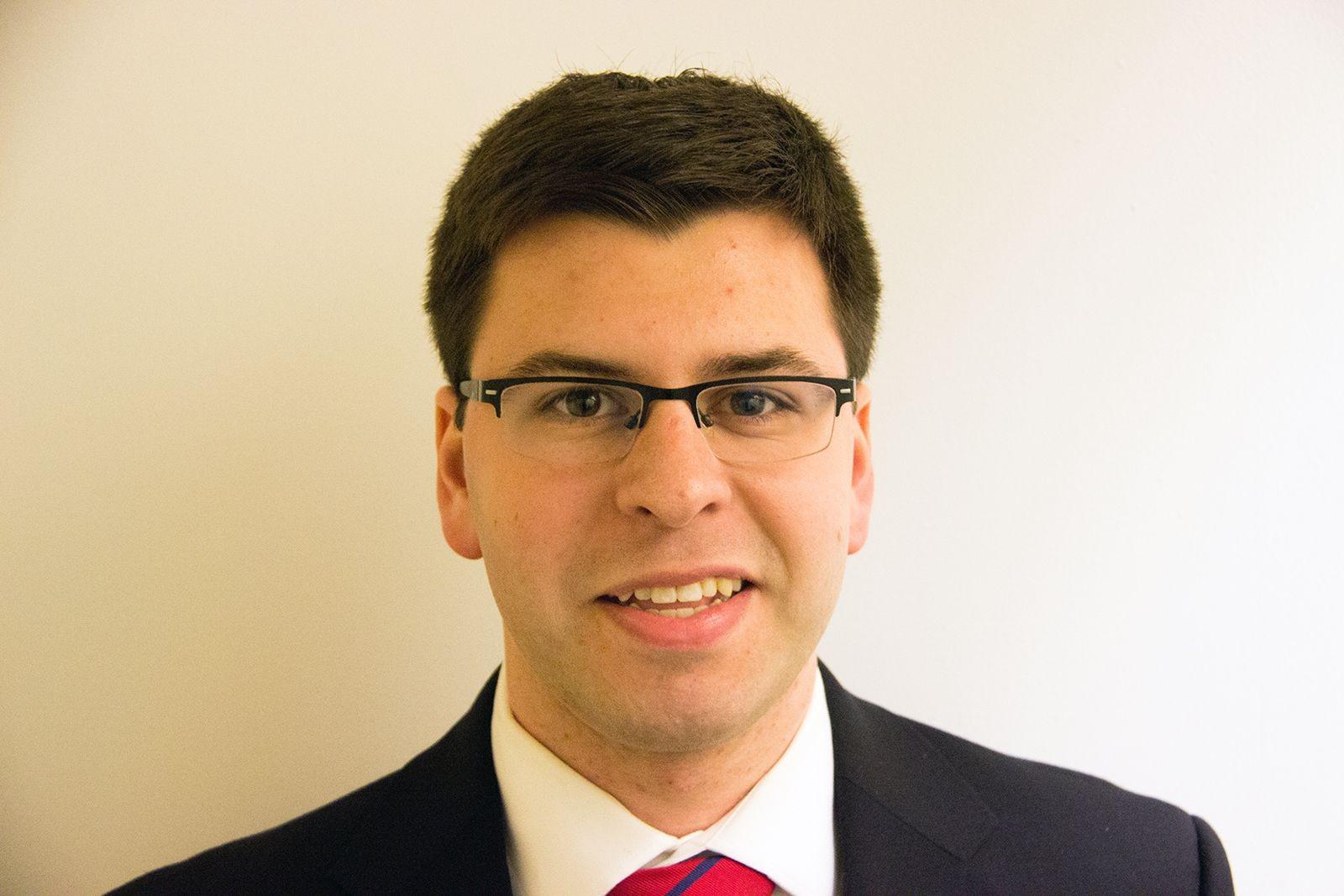Pope Francis set foot in the United States for the first time in his life Tuesday as he began a six day papal visit to Washington, New York and Philadelphia. He brings with him pointed critiques of capitalism, as well as the inequality and environmental devastation he sees as stemming from a system of unfettered capitalism.
While some have welcomed what they see as a shift in tone from the papacy of Pope Benedict XVI — a renowned theologian, whose staunchest supporters must even admit projected an overly intellectual tone at times — others have looked at Pope Francis’ teachings as misguided or even as an overtly political advancement of a certain liberal agenda.
Francis’ preaching, then, presents a conundrum for someone like me — a Catholic trying my best to follow Church teachings and an economics student who understands that “free market” isn’t a dirty word. Like all great spiritual leaders, however, Pope Francis poses hard questions that force us to consider where we stand in relation to the rest of the world. So what exactly is Francis telling us when he speaks out against the supposed excesses of capitalism? A recent example underscores the deeper meaning of his statements and the potential conundrum they pose.
The New York Times reported Sunday that Turing Pharmaceuticals, a startup run by Martin Shkreli, recently acquired the rights to Daraprim, a decades-old drug used mainly to treat toxoplasmosis, an infection that can have life-threating consequences for people with compromised immune systems. The firm promptly raised the price of the drug from $13.50 to $750 a tablet, NBC reported. From both the left and the right, the first (and natural) reaction to such price gouging was disgust. Even presidential candidate Hillary Clinton tweeted her disdain for this decision.
In response to scathing criticism of this decision, Shkreli has claimed that the price increase is necessary to fund research and development that will help Turing develop better treatments for toxoplasmosis with fewer side effects. It seems hard to believe that an over 5,000 percent increase in price is necessary to fund these research costs, so many are not buying Shkreli’s defense. And this is aside from the fact that a different company produced and sold Daraprim for $1 per tablet only a few years ago. As of Wednesday afternoon, Shkreli plans to lower the price in response to the outrage. Although a reasonable profit is necessary to fund research and to provide incentives to companies to develop new drugs, this huge profit seems excessive.
So this is one of those times where capitalism failed, right? Where we need new regulation? Actually, no, because in this case, capitalism also provides the solution to the problem of price gouging on drugs. Other companies are also free to produce the drug, presumably at a lower price than Turing, undercutting their price and bringing it to a more reasonable level. For the most part, this system has provided Americans of all types with an increasing living standard, in contrast to more regulated countries like Cuba, which Francis also just visited.
While there is no doubt that Turing’s actions were legal, they hardly seem ethical. They seem to be exactly what Pope Francis and previous popes have vehemently decried — the exploitation of the most vulnerable in society. So if increasing regulation is not the solution, then what is? According to Pope Francis, conversion of heart.
What seems to get lost in our left-right polarized political and media environment is that the Church is about principles, not policy. Pope Francis invites us to dialogue, but he does not nor should he advocate for specific policy objectives. It is not Church doctrine that a country must have a single-payer healthcare system or adopt a certain immigration policy. Instead, he urges us to consider the impact that we as individuals acting in a capitalist society have on those around us and on the environment. He calls us to ask ourselves what motivates us: money or something more?
Ultimately, Francis calls us to consider, when exercising the liberty we rightfully possess in our capitalist society, whether our actions tend to treat others as means to an end, as cogs in a capitalist machine. Do we assess other people for the benefit — financial or otherwise — that they can bring us, as it seems Shkreli and his company have done with their Daraprim price hike? Or do we truly see them as ends in themselves? Because we move and live and breathe in a capitalist society, it can be difficult to even realize that this is a behavior that affects us. Religious or not, then, it’s worth reflecting upon. And that, I think, is what Pope Francis means.





















































































































